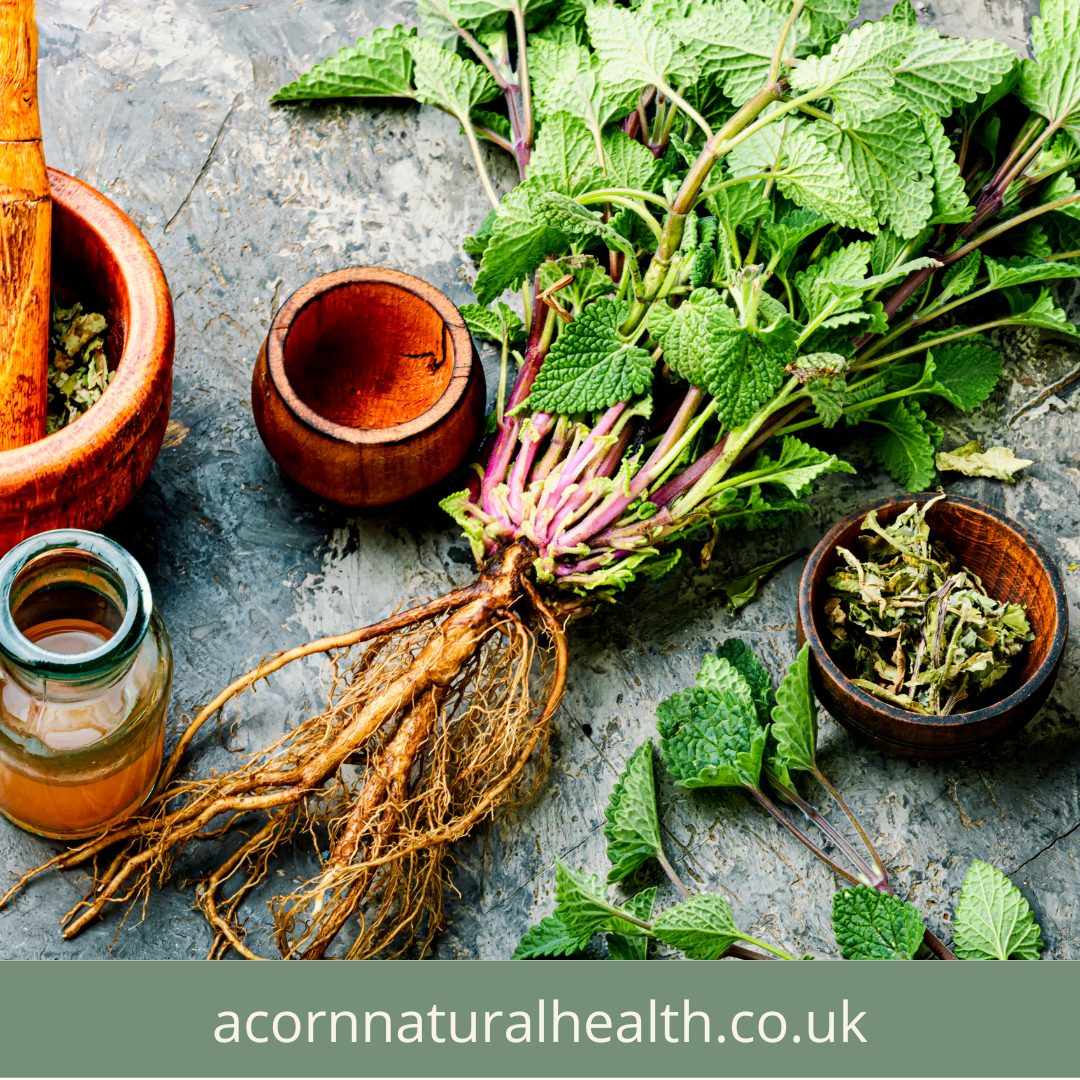Nestled in the realm of herbal wonders, Lemon Balm (Melissa officinalis) emerges as a fragrant gem, celebrated for both its aromatic allure and versatile health benefits. Let’s embark on a journey into the lemon-scented world of Lemon Balm, exploring where to find it, its myriad applications, and delightful recipes for a zestful well-being.

Where to Find Lemon Balm: A Garden Delight 🌼 Embrace the joy of discovering Lemon Balm in your own garden or local herb market. Known for its heart-shaped leaves and a gentle lemon fragrance, this member of the mint family is a resilient herb that thrives in well-drained soil and partial shade. Whether in a container on your windowsill or gracing your outdoor herb garden, Lemon Balm is a delightful addition that beckons with freshness.
Applications for Health and Wellness: Nature’s Elixir 🌱
- Calming Nervous System: Lemon Balm is renowned for its calming properties. A fragrant cup of Lemon Balm tea can be a soothing ritual to unwind and ease stress, promoting relaxation.
- Digestive Harmony: Incorporate Lemon Balm into your culinary repertoire for its digestive benefits. Infuse salads, soups, or beverages with its lemony essence to add a burst of flavor and aid digestion.
- Sleep and Anxiety Support: Create a restful bedtime routine by sipping on a warm cup of Lemon Balm tea. Its mild sedative properties may contribute to a peaceful night’s sleep and alleviate mild anxiety.
- Topical Healing: Explore the herb’s topical applications by crafting a homemade Lemon Balm salve. Applied to minor cuts, bruises, or insect bites, it may offer soothing relief and promote skin healing.
Recipes for a Zestful Well-being: Culinary Delights with Lemon Balm 🍵🍋
- Lemon Balm Tea: Harvest fresh leaves, steep in hot water, and enjoy a fragrant cup of Lemon Balm tea. Sweeten with honey for a delightful twist.
- Lemon Balm Pesto: Elevate your culinary creations by blending Lemon Balm into a vibrant pesto. Pair with pasta, salads, or as a flavorful spread.
- Lemon Balm Infused Water: Refresh your senses by infusing water with Lemon Balm leaves. Add slices of lemon for a hydrating and aromatic infusion.
Incorporate the citrus elegance of Lemon Balm into your daily rituals, savouring its delightful essence and reaping the bountiful benefits it offers for health and well-being.




